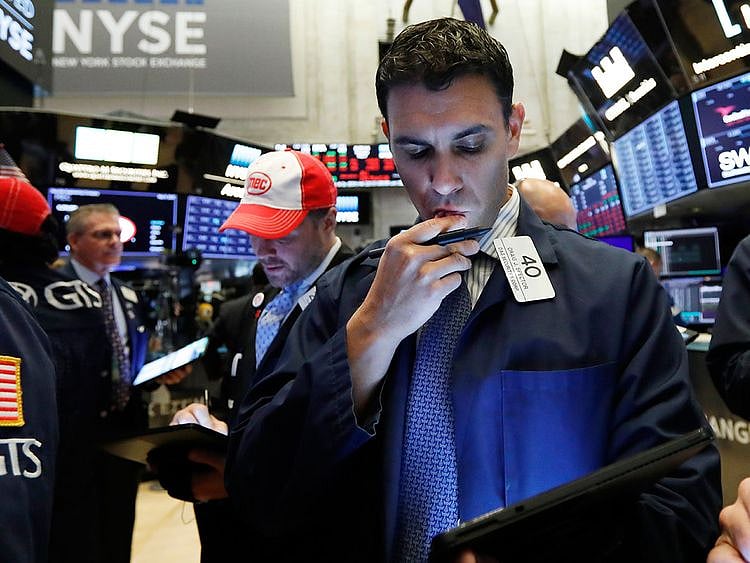Markets turn volatile after Iran retaliation but quickly regain
Reaction not as bad as one feared after Iran hinted it would not take hostilities further

Dubai: Global markets briefly turned volatile on Wednesday after Iran retaliated against the US for killing one of its top military commanders, but was quick to recover in light of Iran stressing it didn’t seek a war.
Tehran fired more than a dozen missiles at two US military bases inside Iraq in response to the United States’ killing of senior Iranian military commander Qassem Soleimani last week. The death of Soleimani, one of the most powerful figures in Iran, was signaled as extraordinarily provocative and Iran threatened to retaliate.
The initial news sent futures on the S&P 500 Index tumbling as much as 1.7 per cent and Asian stocks ended lower with indices in China and Japan dropping about 2 per cent. Crude oil spiked 4.7 per cent to over $71 a-barrel and gold punched through $1,600 an ounce for the first time since 2013 – but the indicators reversed an hour or so later after sentiment eased on hopes that the worst may be over.
Not as bad
The market reaction was not as bad as one feared after Iran hinted that it would not take hostilities further and US President Trump suggested the damage from the attack was limited, raising hopes of a restrained conflict in a region critical to world oil supplies.
Iran’s foreign minister Mohammad Javad Zarif said in a tweet that the nation had “concluded proportionate measures in self-defense,” while Trump tweeted that that “all is well!” and “so far so good!” Analysts indicated that the restraint shown by both the countries is a hopeful sign that the US-Iran conflict could cool back down.
“Things hopefully seem to be calming down on Iran’s retaliation and for the moment we should take a deep breath for what appears to be a proportionate response,” tweeted Ilan Goldenberg, a foreign policy and defense analyst who worked on Middle East issues during the Obama administration.
“Iran needed to respond publicly but it didn’t want to trigger a war and a highly visible and symbolic strike that did not kill Americans fits that bill,” Goldenberg said, while adding that Trump not addressing the US immediately after Iran’s attack was “very good news.”
Same trend seen elsewhere
Dubai bourse’s main index DFM witnessed a quick bout of volatility at open and dropped as much as 1.6 per cent, but pulled back some of its losses to end down 1.2 per cent. Abu Dhabi’s ADX which fell as much as 1.2 per cent in early trade ended down 0.7 per cent.
In Dubai, top losers included market heavyweights Emaar Properties, which shed 1.2 per cent, while Emirates NBD shares lost 2.3 per cent. The stocks, which largely indicate investor sentiment in the region, had gained yesterday in the absence of any sign of US-Iran escalation and some announcements by the UAE government on measures to improve the economy.
The UAE’s Minister of Energy and Industry, Suhail Al Mazrouei, said on Wednesday he doesn’t expect rising US-Iran tensions to descend into a full-blown war.
Emerging markets reacted in a similar pattern and took back most of its early declines. In India, the benchmark S&P BSE Sensex settled at 40,800 points, down 51 points after falling twice as much earlier in the day. Nifty50 closed down 27 points dropping as much as 123 points.
Sign up for the Daily Briefing
Get the latest news and updates straight to your inbox
Network Links
GN StoreDownload our app
© Al Nisr Publishing LLC 2026. All rights reserved.